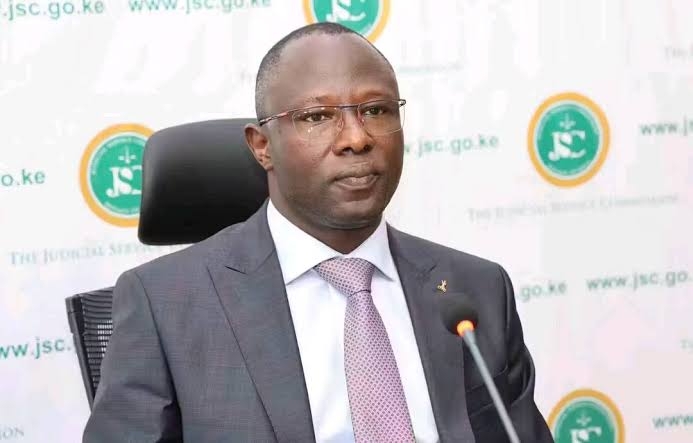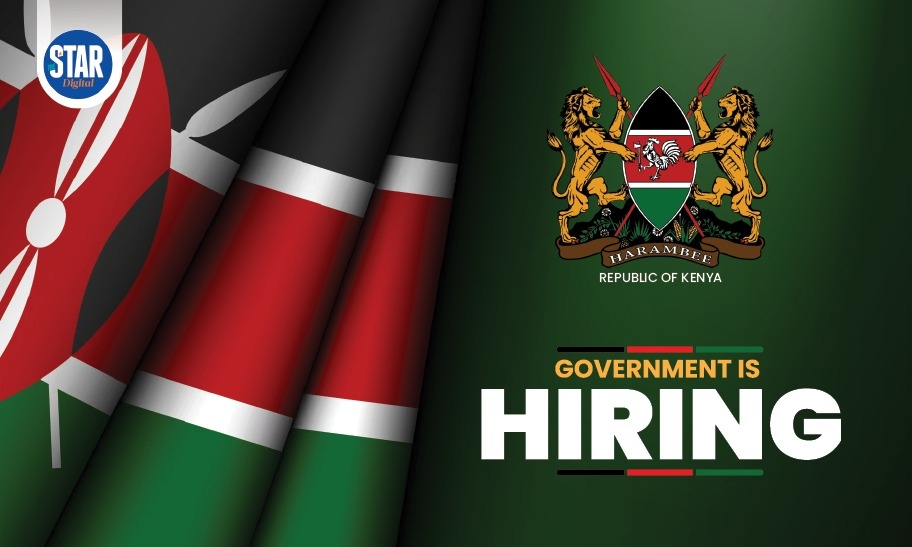The Maputo Protocol holds immense importance as a legal instrument for the promotion and protection of women’s rights in Africa.
It addresses crucial issues affecting women’s lives, serves as a comprehensive legal framework, promotes women’s empowerment and participation, and establishes a system of accountability for African countries.
The Maputo Protocol fosters a culture of transparency and progress in the promotion of gender equality.
The Protocol condemns harmful practices such as female genital mutilation, child marriage and violence against women - sending a clear message that these violations must be eradicated.
The 20 Years of the Maputo Protocol: Where are we now? was launched on July 11, 2023.
It was adopted by the African Union in July 2003 and has become one of the most ratified instruments in the AU, with 44 out of 55 Member States ratifying or acceded to it and eight countries signed but not yet acceded to it as of June 2023.
According to the report, only 19 states have submitted initial reports as required under Article 26(1) of the Protocol and most of the reports have been significantly delayed.
The report reveals that progress is not evenly distributed with some areas showing better outcomes for women compared to others.
According to the report, economic and social welfare rights have improved considerably in the AU Member States.
More than 50 per cent of African countries enact laws mandating equal remuneration for work of equal value and providing paid maternity leave of 98 days or longer.
Several countries prohibit discrimination based on gender and sexual harassment in the workplace.
The report stated that legislation on rights related to marriage has been enacted in the AU Member States.
The legislation addresses issues such as the legal age of marriage and increasing punishments for early, child and forced marriages.
The report reveals that almost all countries have maintained constitutional provisions related to health and healthcare with six countries enshrining rights related to reproductive healthcare.
Legislative reforms integrated with laws and equality and gender-based violence have supported reproductive health rights.
According to the report, efforts to combat violence against women, including female genital mutilation, have resulted in enacting constitutional reforms, adopting national action plans and establishing support services.
The report underscores that challenges remaiN despite the significant progress that has been achieved over the past two decades.
African governments have been urged to prioritize eliminating harmful traditional practices, gender-based violence, and discrimination against women and girls.
Africa Regional Director at Equality Faiza Mohamed she hopes that AU member states will embrace a multi-sectoral approach to fast-track the fulfilment of their obligations.
"Harmonizing national laws with the principles outlined in the Maputo Protocol and addressing deeply entrenched societal beliefs are crucial steps towards gender equality. As everyone continues on the journey to uphold the rights of women and girls under the Maputo protocol," she said.
The research process on progress and challenges was informed by desk reviews of publicly available data.
Six articles of the Maputo Protocol (7, 12, 15, 16, 17and 18) were not specifically but rather indirectly examined.

















